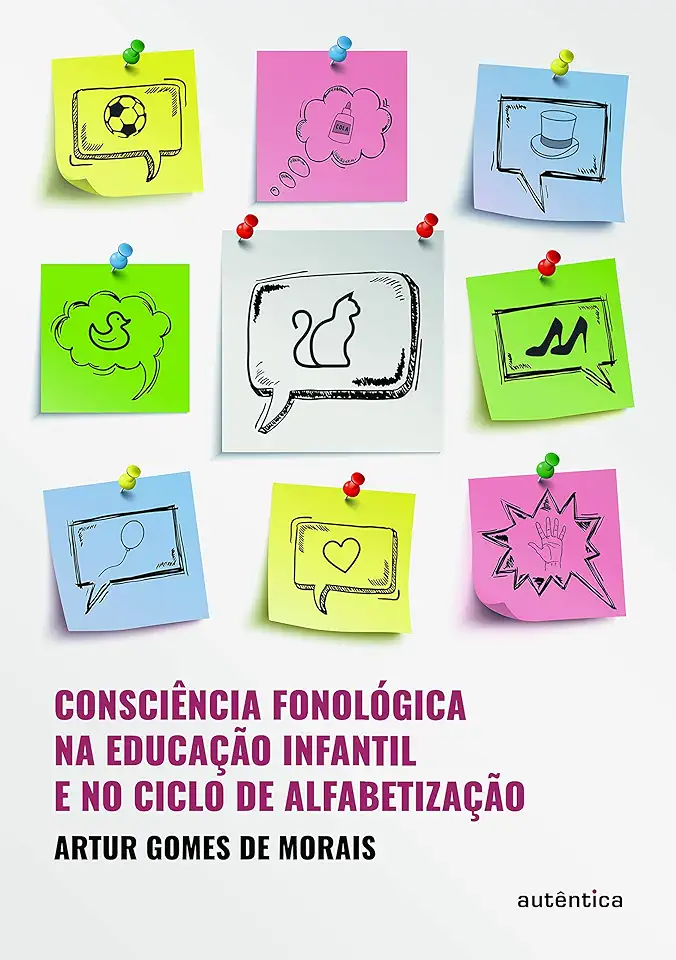
Phonological Awareness in Early Childhood Education and in the Literacy Cycle - Morais, Artur Gomes de
Phonological Awareness in Early Childhood Education and in the Literacy Cycle by Artur Gomes de Morais
A Comprehensive Guide to Developing Phonological Awareness in Young Learners
Phonological awareness is a crucial skill that forms the foundation for successful literacy development in young children. This book, authored by the renowned expert in the field, Artur Gomes de Morais, provides a comprehensive exploration of phonological awareness and its significance in early childhood education and the literacy cycle.
Understanding Phonological Awareness
Phonological awareness refers to the ability to recognize and manipulate the sound structure of language, including phonemes, syllables, and words. It involves the ability to identify, segment, blend, and manipulate sounds in spoken words. Developing phonological awareness is essential for children to learn to read and write effectively.
The Role of Phonological Awareness in Literacy Development
Phonological awareness is a strong predictor of reading and writing success. Children with well-developed phonological awareness skills are more likely to become proficient readers and writers. This is because phonological awareness enables children to understand the relationship between sounds and letters, which is fundamental for decoding and encoding written words.
Phonological Awareness in Early Childhood Education
The early years of a child's life are critical for developing phonological awareness. This book emphasizes the importance of integrating phonological awareness activities into early childhood education programs. It provides practical strategies and activities that educators can use to foster phonological awareness in young learners, including:
- Nursery rhymes and songs
- Phonological games and activities
- Sound manipulation exercises
- Rhyming and alliteration activities
- Letter-sound recognition
Phonological Awareness and the Literacy Cycle
Phonological awareness is not only crucial in early childhood education but also plays a vital role throughout the literacy cycle. This book explores how phonological awareness continues to be essential in developing reading and writing skills in later stages of education. It discusses the importance of phonological awareness in:
- Decoding and encoding written words
- Spelling development
- Reading comprehension
- Vocabulary acquisition
A Valuable Resource for Educators and Parents
"Phonological Awareness in Early Childhood Education and in the Literacy Cycle" is an invaluable resource for educators, parents, and anyone interested in promoting literacy development in young children. With its comprehensive coverage of phonological awareness, practical strategies, and insights into its role in the literacy cycle, this book is a must-read for anyone committed to fostering literacy success in children.
Key Features:
- In-depth exploration of phonological awareness and its significance in literacy development
- Practical strategies and activities for developing phonological awareness in young learners
- Discussion of the role of phonological awareness throughout the literacy cycle
- Insights from research and best practices in phonological awareness instruction
- A comprehensive resource for educators, parents, and literacy advocates